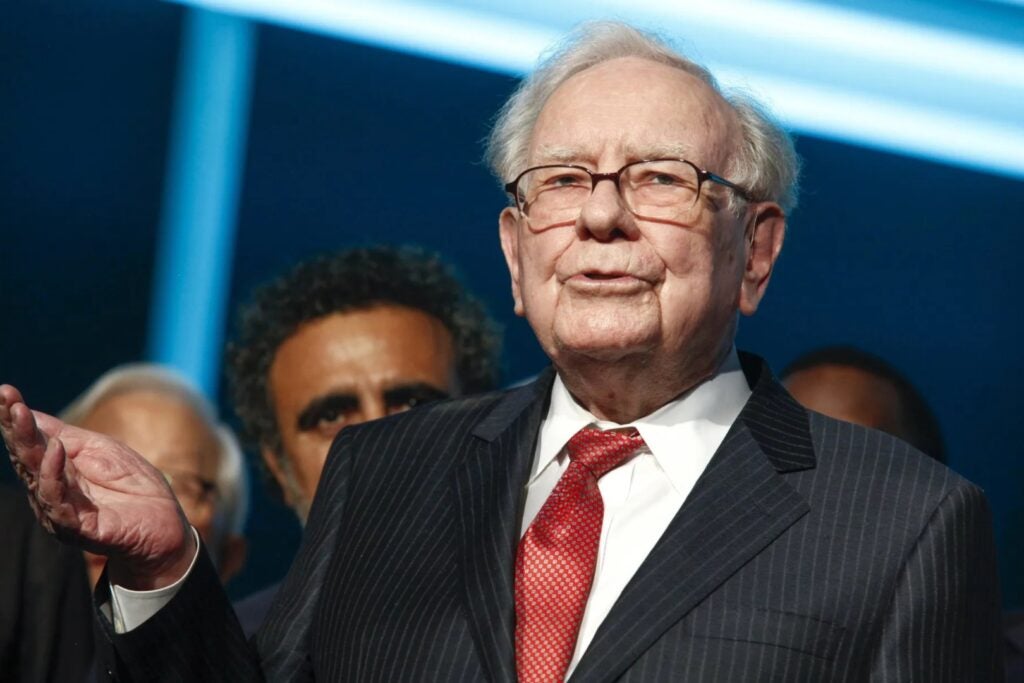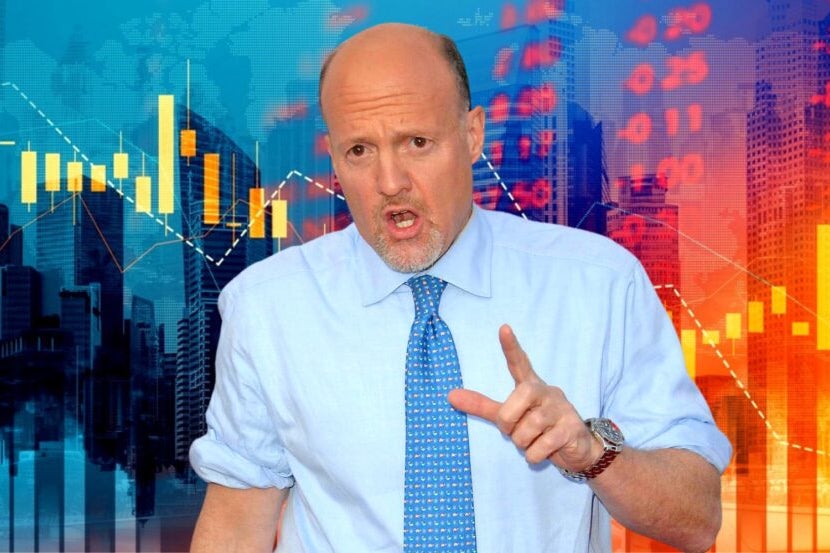Indonesia’s GoTo Group is considering going public. Gojek, a ride-hailing and delivery service, is a subsidiary of GoTo.
Bloomberg/Dhiraj Singh
Size of the text
Didi Global is a company based in China.
The company lowered its IPO valuation objective from $100 billion to the mid-$60s on June 30. That seemed to have been plenty, as the Chinese ride-hailing leader’s stock rose 18% in the first two sessions. This victory could pave the way for a new wave of emerging-market IT IPOs. However, the best ones may be found outside of China.
Kevin Carter, the firm’s chief investment officer, adds, “There’s a lot of activity in our industry all around the world.”
EMQQ Internet & E-Commerce Emerging Markets
ETF stands for exchange-traded fund (ticker: EMQQ). GoTo, the Indonesian unicorn founded when ride-hailing company Gojek merged with e-commerce player Tokopedia; Indian digital payments leader Paytm; and Nu Pagamentos, whose Brazil-based Nubank has quietly become the world’s largest digital bank, are all upcoming IPOs he is most enthusiastic about. Didi (the Chinese version of “beep-beep”) encapsulates both the advantages and disadvantages of Chinese technology. A population of 1.4 billion people, two-thirds of whom still do not possess a car, provides room for expansion. “With another one-third growth in revenue, they may grind their way to profitability,” says Jeffrey Towson, head of research at Asia Tech Strategy. On the negative side, Didi (DIDI) is vulnerable to the regulatory scrutiny that has dragged down the stock prices of China tech peers like Tencent.
Alibaba Group Holding is a holding company owned by Alibaba.
(BABA) along with
Tencent Holdings is a Chinese company.
(Hong Kong, 700.) Didi should compensate drivers better, according to official news agency Xinhua, who said that many feel “stuck in the system.” As marketplaces develop and platforms encroach on one other’s turf, a less well-known issue is more Darwinian competition in China’s internet economy. For the time being, Towson believes Didi has a quasi-monopoly in cabs. However, Alibaba, with its massive e-commerce client base, or Amazon, with its massive e-commerce customer base, or
Meituan
(3690.Hong Kong), the food delivery market leader, might “jump into its company at any time.” Chinese issuers have been attempting to entice the market with a variety of storylines this spring: upstarts such as
Missfresh
(MF) and/or
Cayman Dingdong
(DDL), which are competing with Meituan in the food delivery market, or subsidiaries such as
JD Logistics is a company that specializes in logistics.
(Hong Kong) (2618.Hong Kong) (2618.Hong Kong) (2618.
JD Health International is a non-profit organization that promotes health
(6618.Hong Kong), an e-commerce rival developed out of Alibaba.
JD.com
(JD). Investors have been underwhelmed by none of them. “There is a lot of quantity but not a lot of quality coming out of China,” says Richard Cheng, head of Auerbach Grayson’s China equities sales. “Right now, the market is oversaturated.” Markets outside of China have their own set of issues. Consumers in Indonesia are dispersed across 17,000 islands (five major ones). According to Carter, India has been dubbed “the land of infinite impossibilities” because of its fragmented and bureaucratized nature. However, the e-commanding economy’s heights are still up for grabs in these locations, particularly payments and finance, which is emerging as the wealthiest digital real estate. According to Carter, the fintech substory is the largest and most powerful. South Korea, according to Jinjoo Hong, Cheng’s colleague at Auerbach Grayson, is one market that has strong infrastructure, wealthy consumers, and a relatively open competitive landscape. She is enthusiastic about
Kakao
(035720.Korea), a messaging app that has become a superapp and whose stock has tripled in the last year. It is now preparing to float Kakao Bank and Kakao Pay. Each is expected to be valued in the $15 billion area. What is certain is that the story of digital transformation is spreading beyond China. Investors may be kicking themselves for passing up on the new companies on the market./n
Read More




